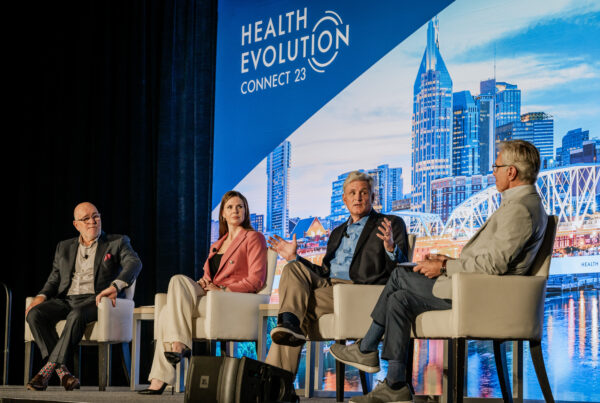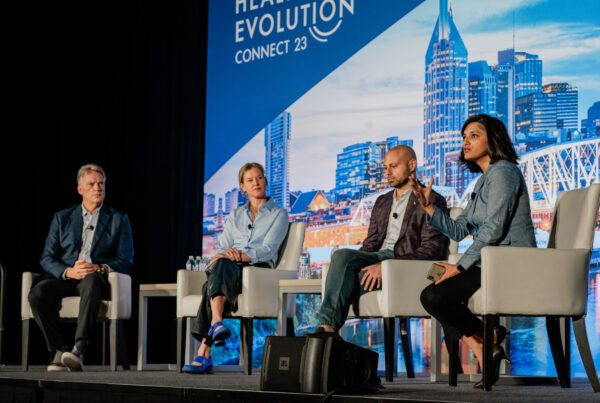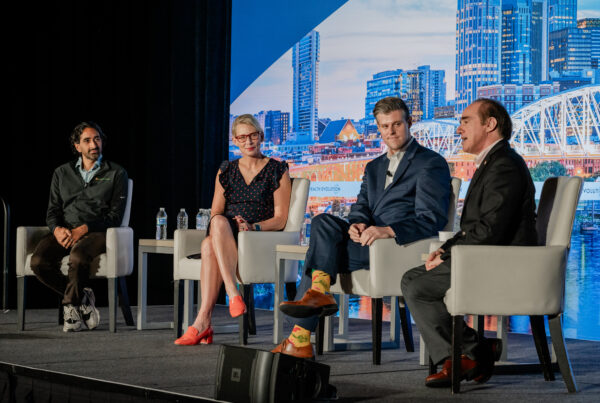Reopening concerns from health care leaders are being verbalized all across the country from specific initiatives, from the national #OpenSafely movement to individual state leaders. While states reopening may be evidence to some that the public is moving past the first phase of COVID-19, health care leaders said that without the proper messaging and protocols, it could be a matter of one step forward, two steps backward for a country that’s been rocked by the pandemic.
On May 20, Connecticut became one of the last states to at least partially reopen. Yale New Haven CEO Marna Borgstrom shared some of these concerns in a health care leadership webcast hosted by the Hartford Business Journal. Borgstrom says the public staying at home, wearing masks in public and overall compliance from the public led to the decrease in COVID-19 hospitalizations and deaths—allowing for the partial reopening to occur. But she said the reopening plans could go awry very quickly.
“We’ve had discussions that if we see areas with hotspots and areas of concerns, the state is going to pull back because we don’t want a new surge of COVID-positive patients coming back in the system,” says Borgstrom, who is on the taskforce to re-open the State of Connecticut.
She says the phased reopening that Connecticut, and many other states, has taken should help prevent “the floodgates from opening up.” However, she says, it’s also important for health care leaders to communicate to the public the importance of maintaining social distancing and other safety protocols.
#OpenSafely
The reopening concerns go beyond the state of Connecticut and are being addressed nationally. David Brailer, MD, Health Evolution Chairman, Andy Slavitt, former CMS administrator and Chairman of United States of Care, and Mark McClellan, MD, director of the Robert J. Margolis Center for Health Policy at Duke University, along with 19 other health care leaders, wrote an op-ed on this issue in the USA Today promoting #OpenSafely.
#OpenSafely is a public-facing campaign that asks different stakeholders (politicians, health care leaders, the public, etc.) to consider opening up at a deliberate pace that puts safety first. “It won’t help the economy if we end up having to pull back hard or close again because the virus starts spreading toward the point where it threatens our health care systems and further disrupts our health,” the health care leaders wrote in USA Today.
The health care leaders laid out several measures that would help communities open up safely including:
- Following guidelines created by the CDC
- Creating adequate diagnostic testing availability
- Implementing obtaining sufficient personal protective equipment
- Developing an adequate infrastructure for contact tracing
- Protecting vulnerable and at-risk populations by not putting essential works at risk
Like Borgstrom suggested with Connecticut, the health care leaders say that if states see a rise in cases that threatens ICU capacity, they need to slow or even pause reopening efforts. They also included a list of areas within the community, such as medical clinics and doctor offices, that can open up with proper social distancing and risk mitigation steps.










